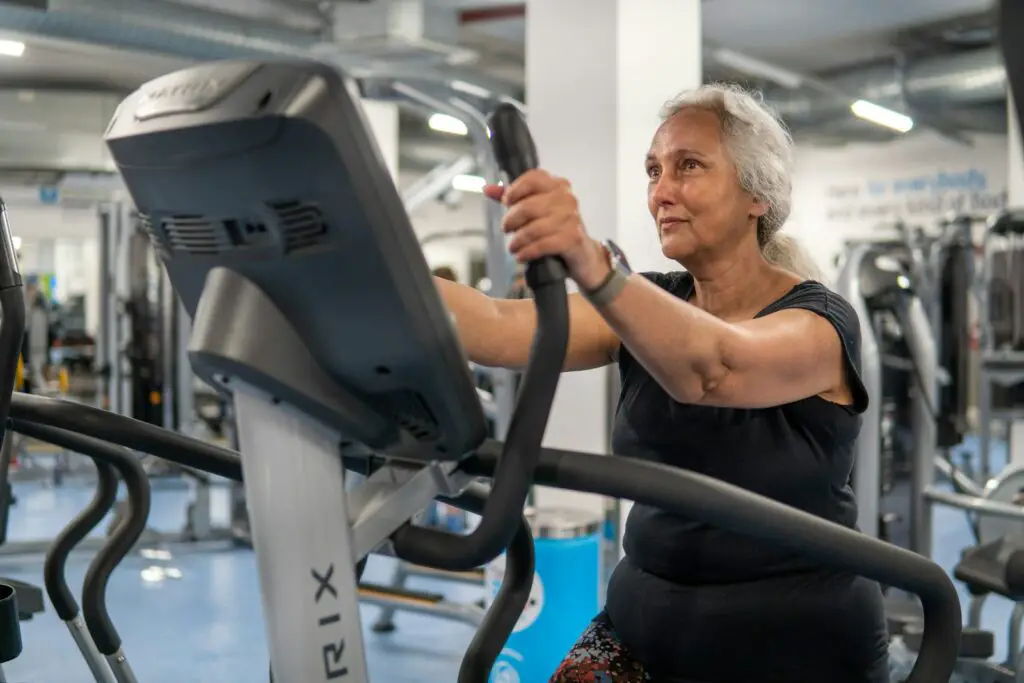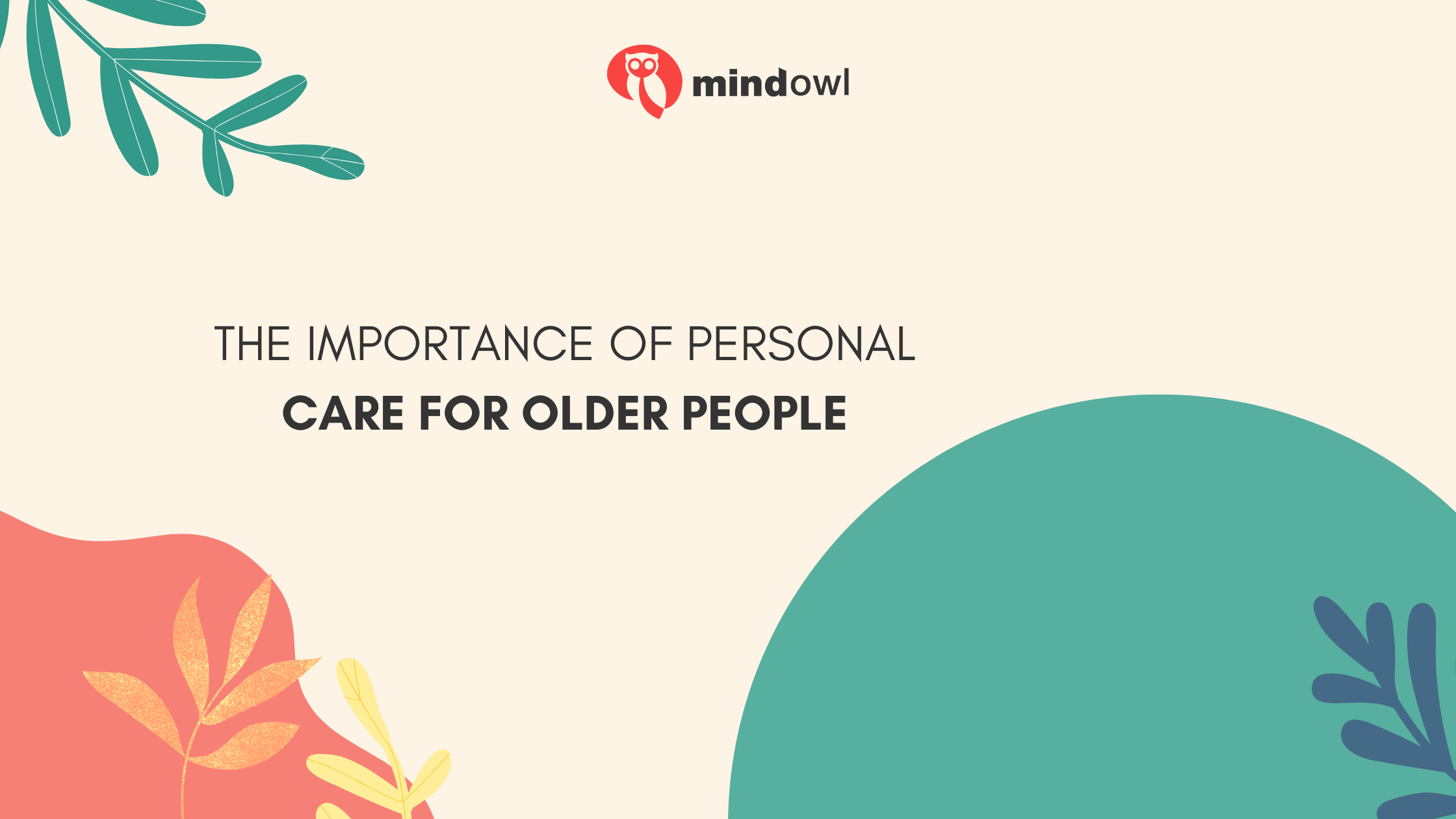As we age, the importance of personal care cannot be overstated. For older adults, maintaining personal hygiene, health, and emotional well-being becomes increasingly vital. Personal care for older people isn’t just about cleanliness, but also about preserving dignity, independence, and overall quality of life. In this blog, we’ll explore why personal care is crucial for seniors and how it can significantly impact their daily lives.
1. Promoting Physical Health
One of the primary reasons why personal care is essential for older adults is its impact on physical health. Proper hygiene practices, such as regular bathing, brushing teeth, and maintaining clean clothing, help to prevent infections and diseases. Seniors often have weakened immune systems, making them more susceptible to illnesses that can arise from poor hygiene.
Moreover, personal care routines can help to manage chronic conditions more effectively. For instance, regular skin care can prevent issues like pressure sores, which are a concern for those with limited mobility. Additionally, maintaining good dental hygiene is critical as it helps to prevent gum disease and tooth loss, which can affect nutrition and overall health. For a deeper dive into the essential aspects of personal care for older adults and practical tips for implementation, read more here.

2. Enhancing Mental Well-Being
Personal care isn’t just about physical health; it also plays a significant role in mental well-being. For many seniors, the ability to manage personal care independently is closely tied to their self-esteem and sense of dignity. Struggling with personal hygiene can lead to feelings of helplessness and low self-worth.
Routine personal care activities can provide a sense of normalcy and control, which is particularly important for those who may be dealing with cognitive decline or memory issues. Engaging in regular self-care routines can help older adults to feel more grounded and maintain a positive outlook on life.
3. Encouraging Independence
Maintaining independence is a key goal for many older adults. Personal care routines that are manageable and adapted to an individual’s needs can help seniors to maintain a sense of autonomy. When older adults can perform self-care tasks on their own, they experience greater satisfaction and a more profound sense of control over their lives.
Adaptations such as grab bars in the bathroom, easy-to-use grooming tools, and accessible clothing can empower older people to continue managing their personal care independently. These adjustments not only support physical safety but also enhance emotional well-being by fostering a greater sense of self-reliance.
4. Strengthening Social Connections
Personal care also impacts social interactions. Regular grooming and cleanliness can affect how older adults feel about themselves and how they present to others. Being well-groomed can boost confidence and improve social interactions, reducing feelings of isolation and loneliness.
Furthermore, personal care routines often involve family members or caregivers, fostering opportunities for connection and support. Engaging in these activities together can strengthen relationships and provide valuable social interaction, which is crucial for mental health.
5. Preventing and Managing Chronic Conditions
Effective personal care routines can play a role in preventing and managing chronic conditions. For example, regular monitoring of blood sugar levels for diabetics or managing medications as prescribed can prevent complications and improve health outcomes. Proper nutrition and hydration, which are often part of personal care routines, are also essential for managing conditions like hypertension or heart disease.
Incorporating personal care into daily life ensures that older adults remain vigilant about their health and can promptly address any emerging issues. This proactive approach to personal care can lead to better overall health management and a higher quality of life.
Conclusion
In summary, personal care for older people is fundamental to their overall well-being. It affects physical health, mental well-being, independence, social connections, and chronic condition management. By prioritizing personal care, we can help older adults lead healthier, more fulfilling lives, ensuring they maintain their dignity and quality of life as they age.
MindOwl Founder – My own struggles in life have led me to this path of understanding the human condition. I graduated with a bachelor’s degree in philosophy before completing a master’s degree in psychology at Regent’s University London. I then completed a postgraduate diploma in philosophical counselling before being trained in ACT (Acceptance and commitment therapy).
I’ve spent the last eight years studying the encounter of meditative practices with modern psychology.

